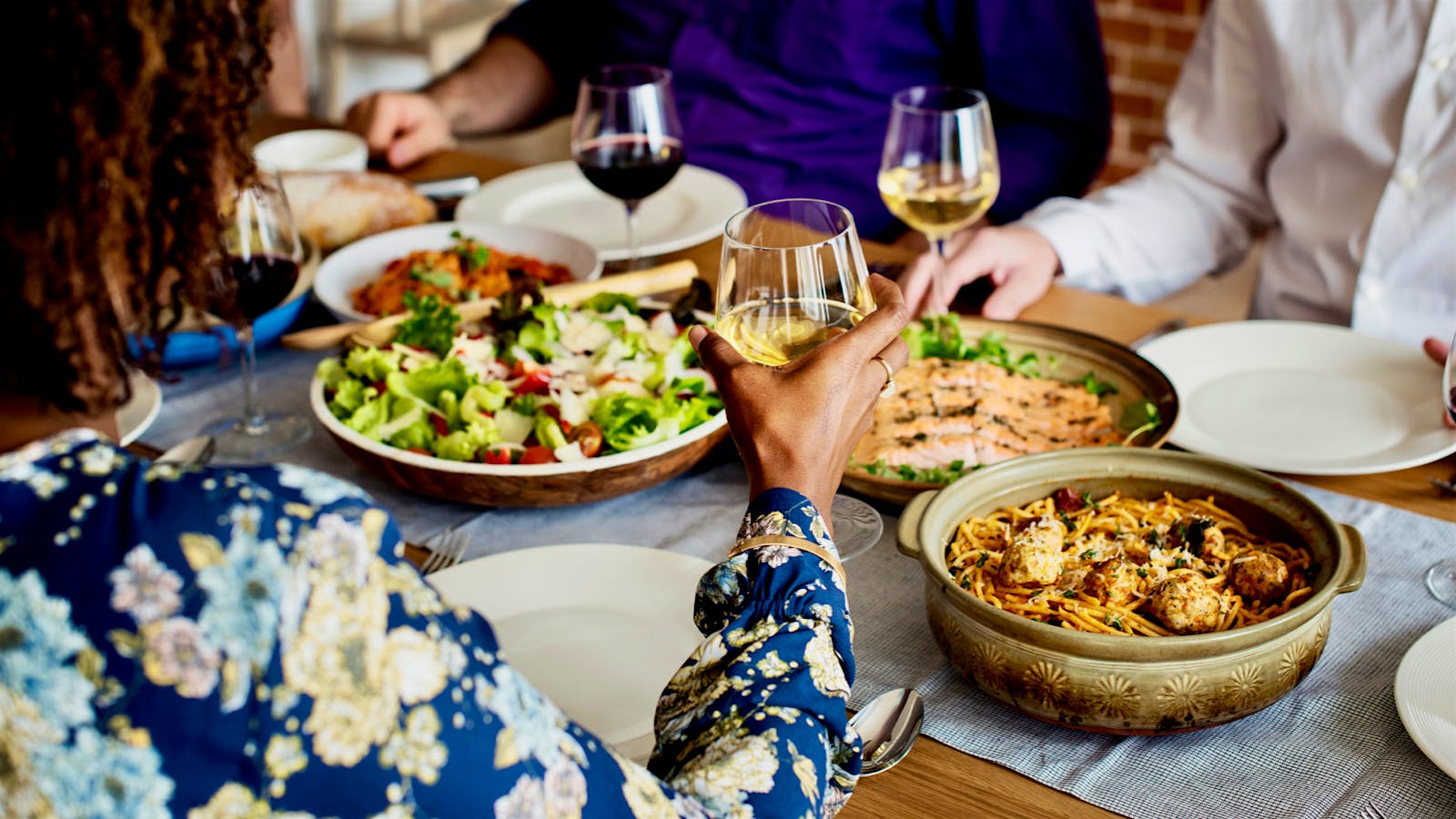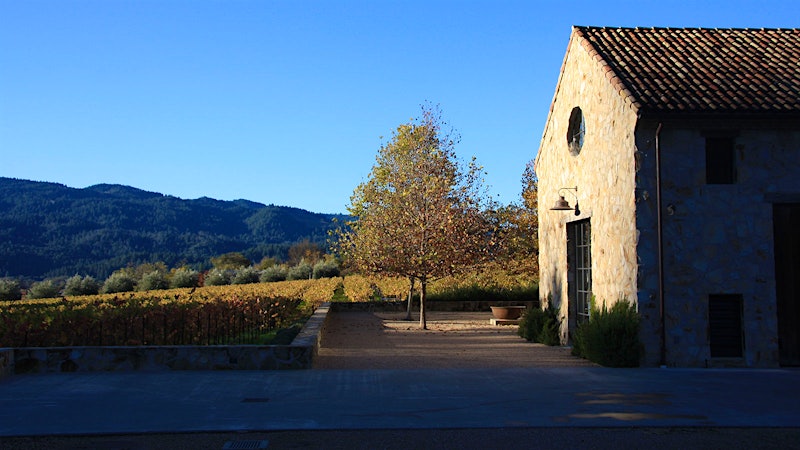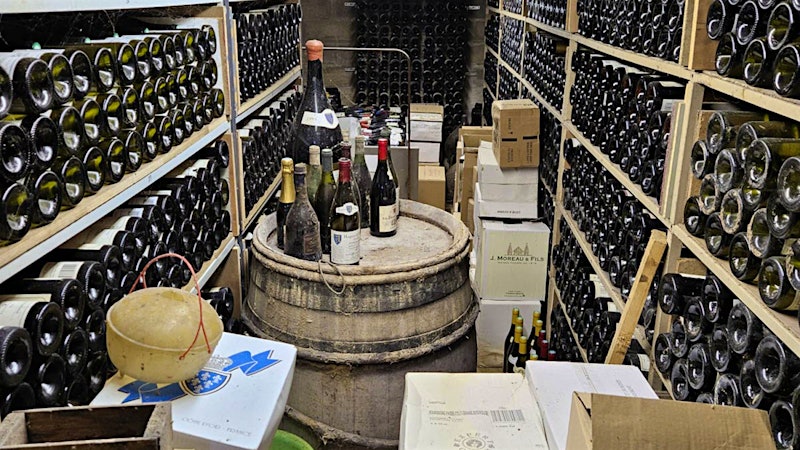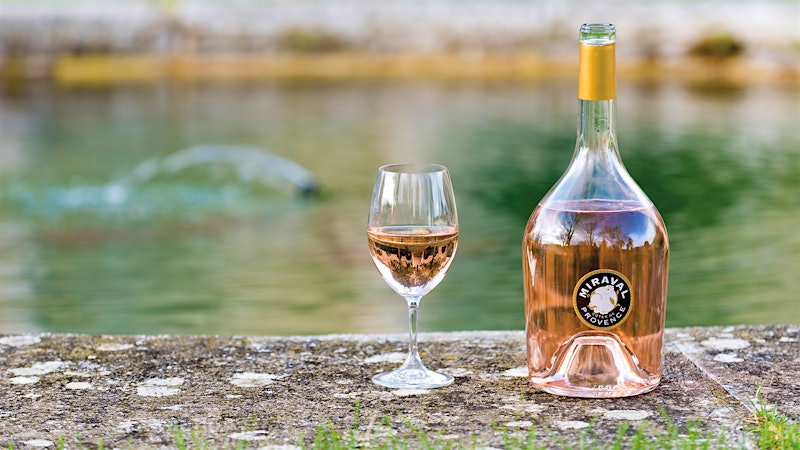As its name suggests, a gluten-free diet is all about avoiding gluten, a protein found in wheat, rye, barley and a handful of other grains. This means traditionally prepared breads, pastas, cereals and beers are automatically off the table.
Many have adopted the diet over the past decade as a means of losing weight and boosting energy levels—proponents include celebrity wellness guru Gwyneth Paltrow—but gluten can be a serious health problem for those who have an intolerance or allergy to it, or who suffer from celiac disease, the autoimmune disorder in which the ingestion of gluten leads to damage in the small intestine and other long-term health complications. For people with these medical conditions, knowing whether a food or beverage contains gluten is an absolute necessity.
"If they don't embrace a gluten-free diet, they are sick," Dr. Alessio Fasano, director of the Center for Celiac Research and Treatment at Massachusetts General Hospital, told Wine Spectator. "They don't have a choice, because if they don't embrace the diet, they will definitely pay a price."
Regardless of why people opt to let go of gluten, there's a common question many ask: Can I drink wine on a gluten-free diet?
The short answer is yes. "A classic example of an alcoholic beverage that does not have gluten is wine," Fasano said. "Typically it is made by grapes, and the process, under normal circumstances, has no exposure to gluten whatsoever."
And the feds agree. The Alcohol and Tobacco Tax and Trade Bureau allows wines to be labeled "gluten-free," as long as they comply with the FDA's requirements of not being made with any gluten-containing grains and having less than 20 parts per million (ppm) gluten—and the vast majority of wines do comply.
Are there exceptions?
While wine is collectively considered safe for those with gluten-related disorders (barring other health issues related to drinking alcohol), those with severe reactions should still be aware of two instances in which wine may come into contact with gluten.
The first scenario is if a barrel that is used to age wine is sealed with wheat paste, which contains gluten. Across the wine industry, this paste has largely been replaced by non-gluten-based wax substitutes, and even when used the wine’s exposure to it is virtually negligible.
In fact, in 2012, Tricia Thompson, founder of GlutenFreeWatchdog.org, tested this idea by measuring the gluten levels of two different wines finished in wheat paste–sealed barrels. In her study, the wines contained less than 5 and 10 ppm gluten, respectively—far lower than the FDA's 20 ppm standard for gluten-free foods.
Another potential point of gluten contact is if wheat gluten is used for fining. But this practice is also extremely rare. (In fact, two enologists interviewed for this story were unaware that gluten-containing fining agents even existed.)
And once again, the resulting wine isn't likely to have enough (if any) gluten in it to cause a reaction: A 2011 study published in the Journal of Agricultural and Food Chemistry tested wines fined with gluten-based agents and found that they contained either very little gluten or none at all.
Furthermore, "even if any traces of gluten would accidentally enter a wine—let's say the winemaker falls into a tank holding a whole-wheat sandwich—as a protein, gluten would react with [wine's] phenolics," said Dr. Christian Butzke, a professor of enology at Purdue University. This means the already trace amounts of gluten in the wine would be severely reduced after settling, racking and filtration.
However, while table wine is fine, not all wine (or wine products) are created the same. "Some types of wine do contain an unsafe amount of gluten for people with celiac disease, [including] those with added color or flavoring … and those made from barley malt, such as bottled wine coolers," Marilyn Geller, CEO of the nonprofit Celiac Disease Foundation, said. "For these, consumers should check the label."
The bottom line is that, in almost any case, it is safe to enjoy wine while on a gluten-free diet. However, if you want to be 100 percent certain you are drinking a wine that has not come into contact with gluten, contact the winery for confirmation.
Want to learn more about how wine can be part of a healthy lifestyle? Sign up for Wine Spectator's free Wine & Healthy Living e-mail newsletter and get the latest health news, feel-good recipes, wellness tips and more delivered straight to your inbox every other week!












